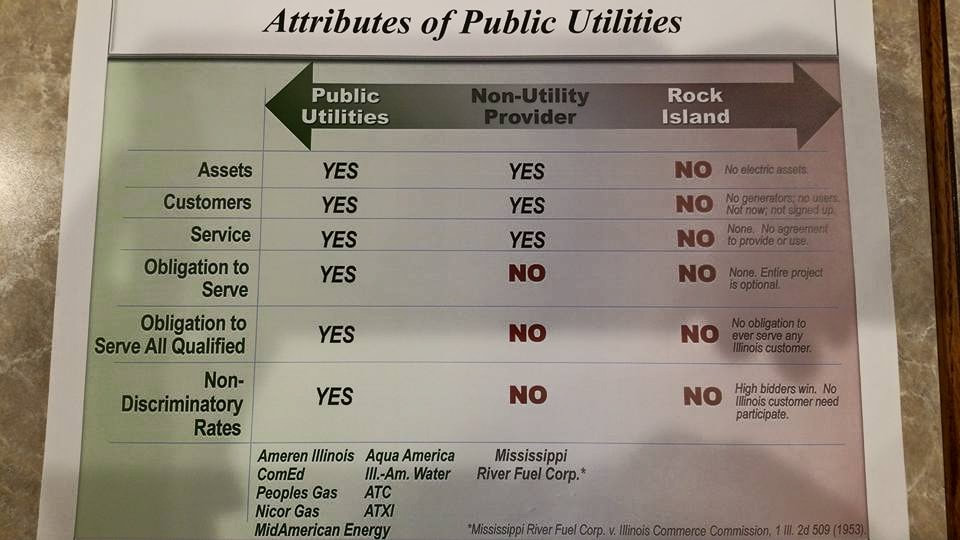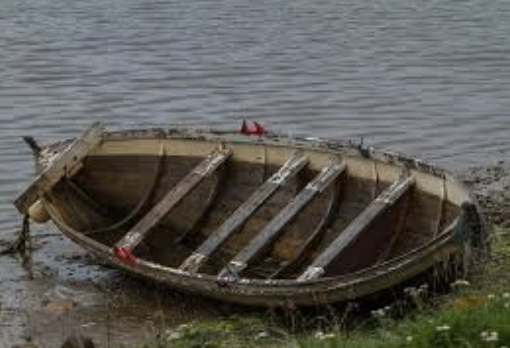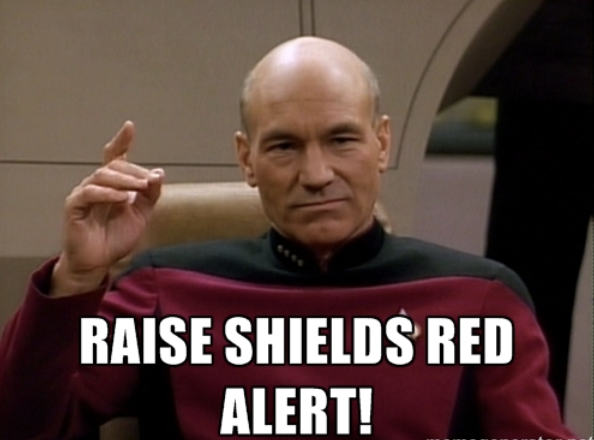*Warning! Strong Language*
Like in this study.
One of the little truths I gleaned from this one is that "compensation packages" are most often associated with environmental group involvement in transmission siting and permitting.
Environmentalists are associated with compensation packages; marginalized groups are associated with undergrounding and combined remediation; and environmentalists, the federal government, and the breadth of coalition actors is associated with the combined remediation outcome.
However, opponents often have differentiated goals, and a just outcome for one member of a coalition may be unjust for another.
The take away: Don't allow your landowner group to be conscripted to fight the battles of others. Autonomy always. Just because a well-funded national environmental organization weighs in on your side doesn't mean they have the same interest as you. In fact, they may be using you.
Local governments don't usually get involved with the idea of using you for their own gain, but sometimes the payola is just too much for these local officials to resist. When that happens, they are usually tossed out of office at the next election, but that doesn't stop the impacts from happening.
The second truth is that "public meetings" hosted by transmission developers are nothing more than a staged dog & pony show. These meetings are not meant as a two-way exchange of ideas. Don't waste your time trying to convince the transmission developer to change its plans.
Developers often determine the dimensions of the project, such as route options, during the upstream phase of the decision-making process (Cotton and Devine-Wright 2013). Public consultation can occur later, and community meetings can have the goals of limiting engagement to final route selection and of selling the project.
It's all good though because transmission developers, governments, regulators and environmental groups dismiss these studies because they often don't agree with their own misunderstandings about grassroots opposition. They may think they have us all figured out, but they never even get close. And that's how we win our battles.



 RSS Feed
RSS Feed